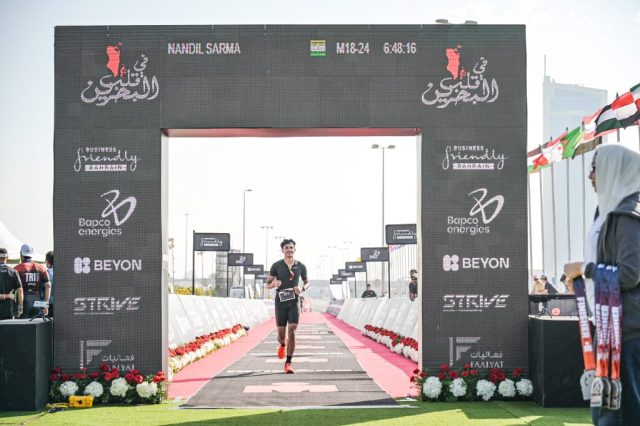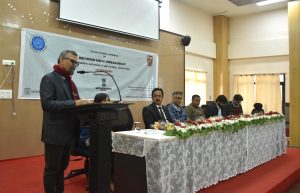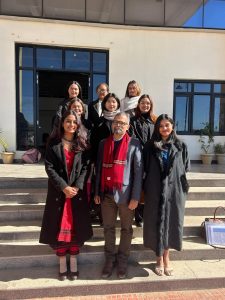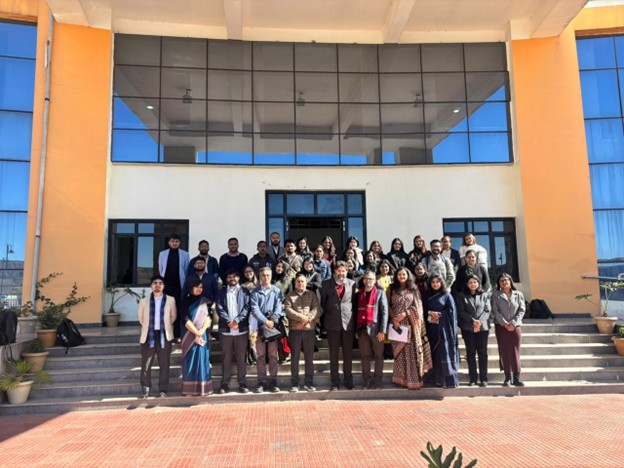The National Law School of India University (NLSIU) invites applications for one full-time role at the Centre for the Future of Law at NLSIU based out of the University campus for a period of one year (extendable). This position will be based in Bengaluru.
About the JSW Centre for the Future of Law
The JSW Centre for the Future of Law was established in 2024 at NLSIU, Bengaluru, with the support of the JSW Foundation. The purpose of the Centre is to expand academic learning, advance research, and inform policy debates on issues related to law, technology, and system reform. Through partnerships across academia, governments, regulators, civil society and industry, the Centre aims to promote a robust and interdisciplinary understanding of issues such as the interface between health and regulation; the environment and the law; corporate governance; and the impact of new technologies on the future of the legal system, the legal profession and legal education.
It commenced research activities during the Academic Year 2025-2026. More information about the centre and its activities can be found here.
Responsibilities
The Project Manager will work closely with the Faculty Director, the Centre’s Advisory Board, and the Dean (Research) at NLS to incubate the Centre’s mandate and activities. Specifically, the Project Manager will be responsible for:
- Developing a plan for the Centre with details on its objectives, specific areas of focus, staffing requirements and main activities over five years, based on consultations with civil society, government, industry and academia;
- Organising regular planning, review and strategy meetings with the Advisory Board;
- Preparing research outputs including briefs, short articles and blogs related to the centres research areas;
- Developing a database of subject experts drawn from academia, industry, civil society, and government to share regular updates and disseminate various outputs;
- Coordinating social media outreach on the Centre’s work including developing and maintaining a webpage on NLS website;
- Liaising with the JSW Foundation for regular updates and review of documents as required;
- Maintaining detailed records and proper accounts of the Centre’s activities;
- Managing fellowship programmes with the centre;
- Coordinating events at the centre including its annual lecture, research workshops, stakeholder consultations and meetings as required.
Qualifications
Essential
- A Master’s degree in any discipline.
- At least 3 years of Post-Qualification experience in research and/or project management roles.
- A proven ability to collaborate with varied stakeholders.
Desirable
- Demonstrable experience in strategy roles preferably in Higher Educational Institutions.
- Prior experience in the incubation of a research centre.
- Excellent communication and writing skills.
- Strong execution rigour and operational skills.
- Strong presentation and time management skills.
How To Apply?
Please use the Google form here, and include the following documents:
- An up-to-date CV
- A statement of purpose (not more than 500-800 words)
- 1 sole authored writing sample – published/unpublished
- Contact details and designation of two professional references
Compensation
Salary will be commensurate with qualification and experience and will be in the range of Rs. 70,000 – Rs 90,000 per month.
For any queries, please write to
Deadline
The last date for submission of applications is February 3, 2026 by 5 PM (IST)

 The Dean and C. Hugh Friedman Professor of Law at the University of San Diego School of Law, Dean Robert A. Schapiro, is widely regarded as a leading authority on federalism, constitutional structure, and inter-systemic governance. Dean Schapiro has a distinguished career spanning legal scholarship, academic leadership, and public engagement.
The Dean and C. Hugh Friedman Professor of Law at the University of San Diego School of Law, Dean Robert A. Schapiro, is widely regarded as a leading authority on federalism, constitutional structure, and inter-systemic governance. Dean Schapiro has a distinguished career spanning legal scholarship, academic leadership, and public engagement.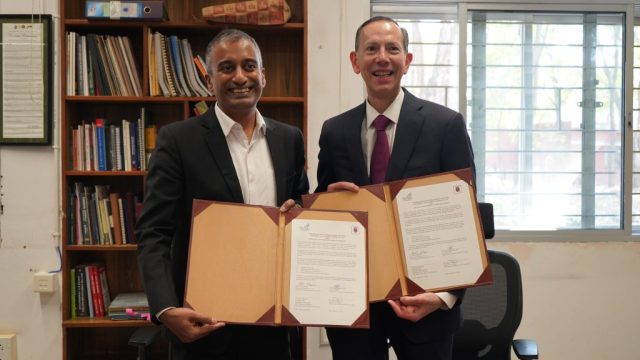
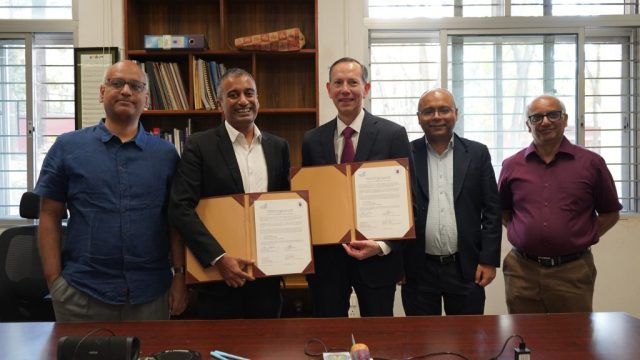
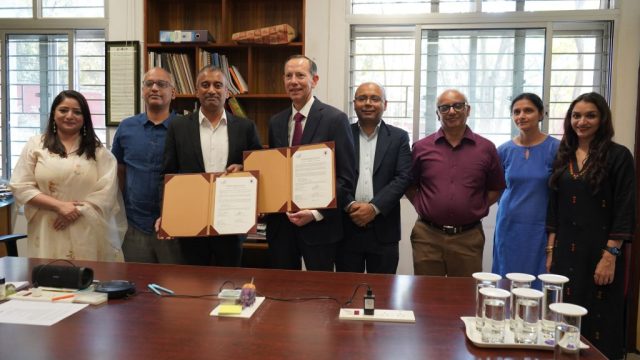
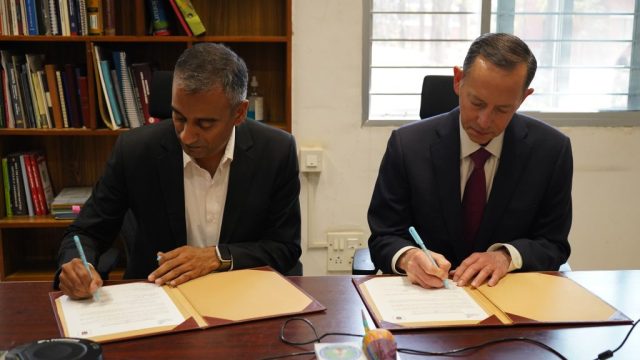
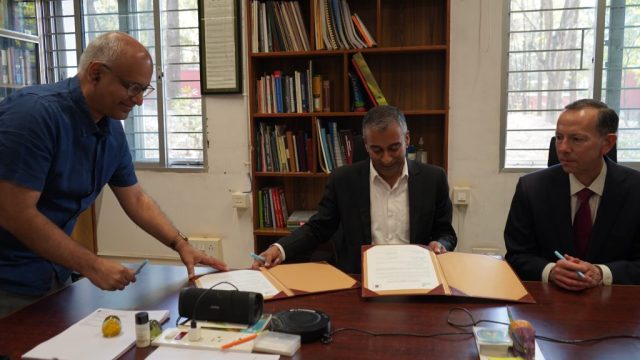
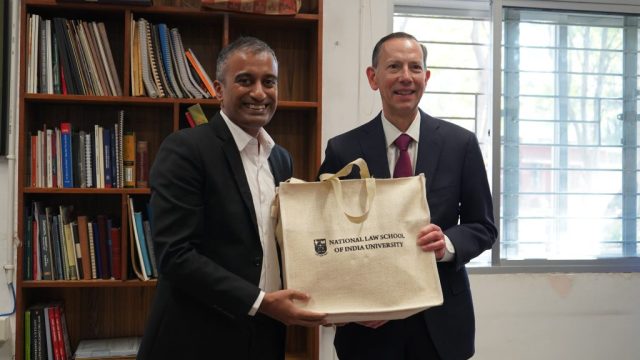
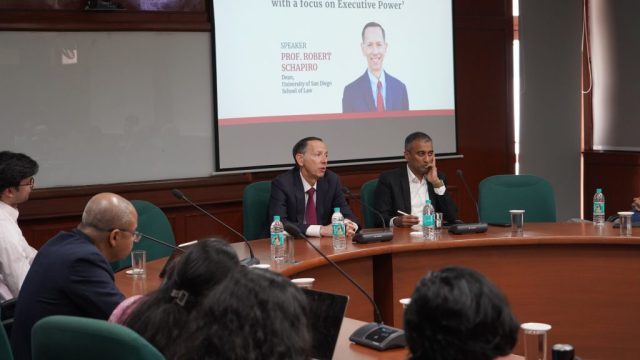
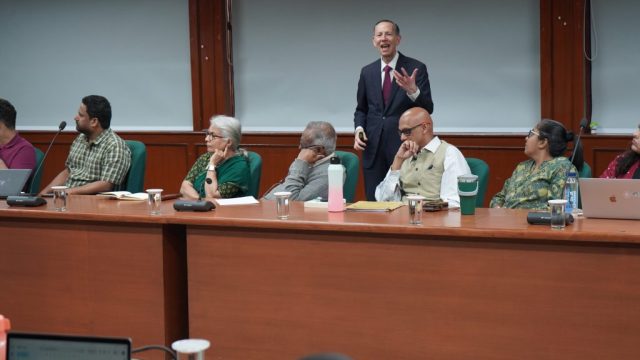
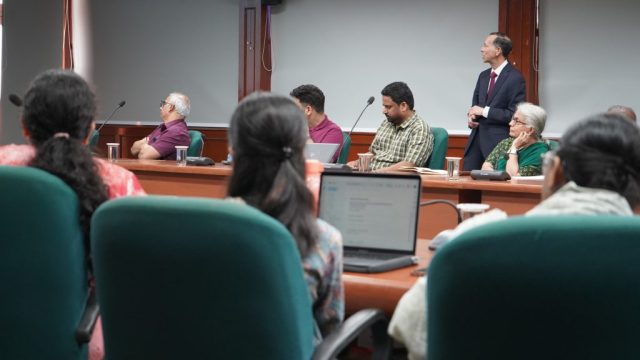
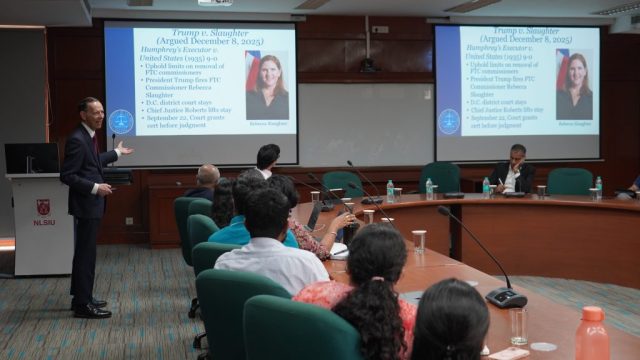
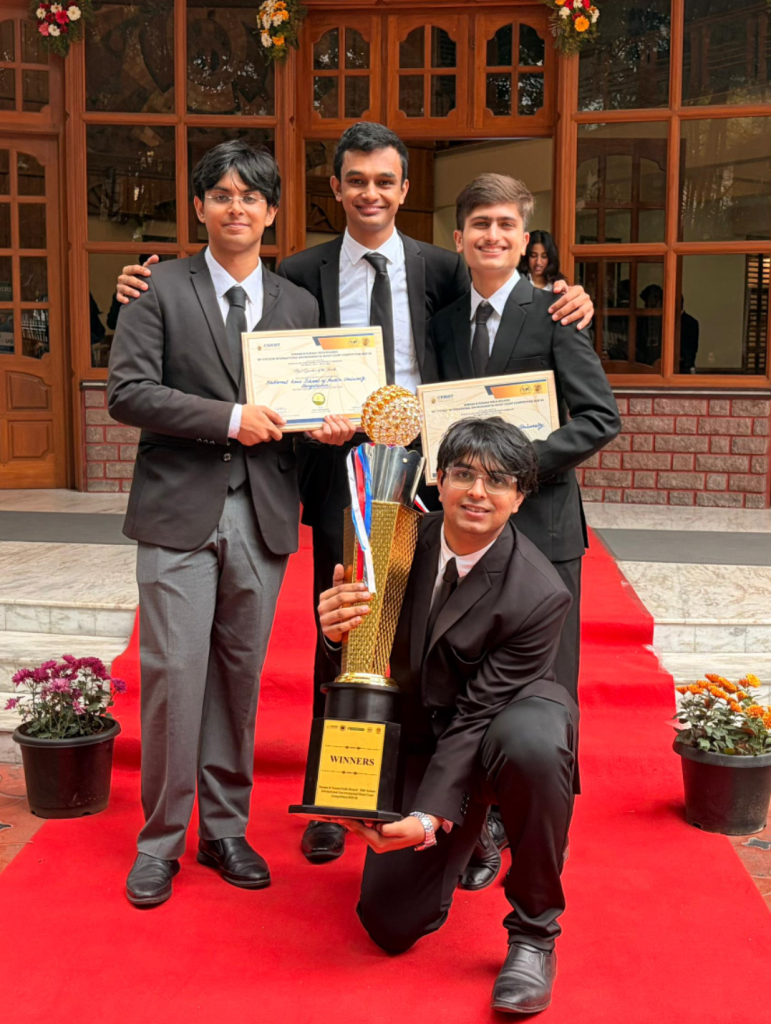 We congratulate the NLS student team for emerging winners in the India Rounds of the 30th Annual Stetson International Environment Moot Court Competition. The team comprised Gaurav Aswani (IIIrd year LLB), Kedar Manoj Ammanji (IVth year BA LLB) and Shashwat Shankar (IInd year BA LLB).
We congratulate the NLS student team for emerging winners in the India Rounds of the 30th Annual Stetson International Environment Moot Court Competition. The team comprised Gaurav Aswani (IIIrd year LLB), Kedar Manoj Ammanji (IVth year BA LLB) and Shashwat Shankar (IInd year BA LLB).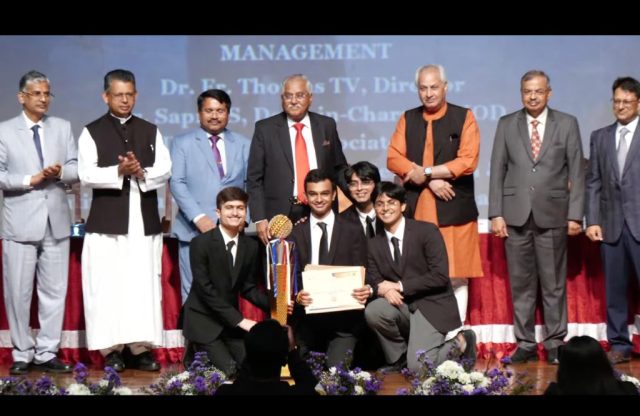
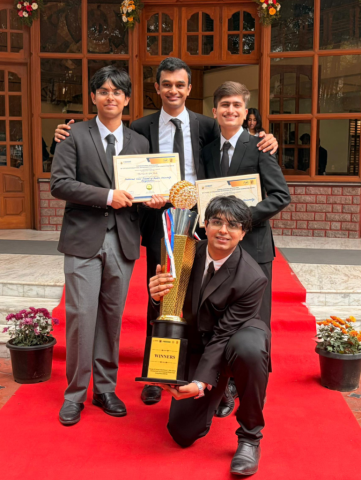
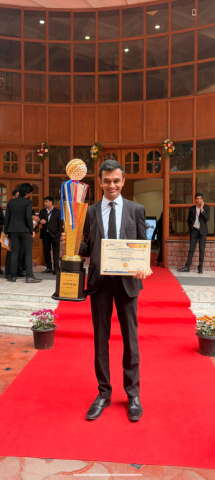
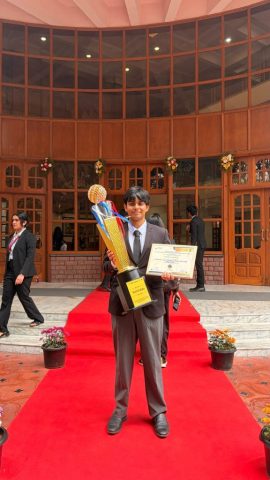
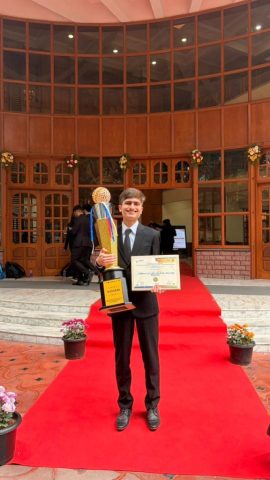
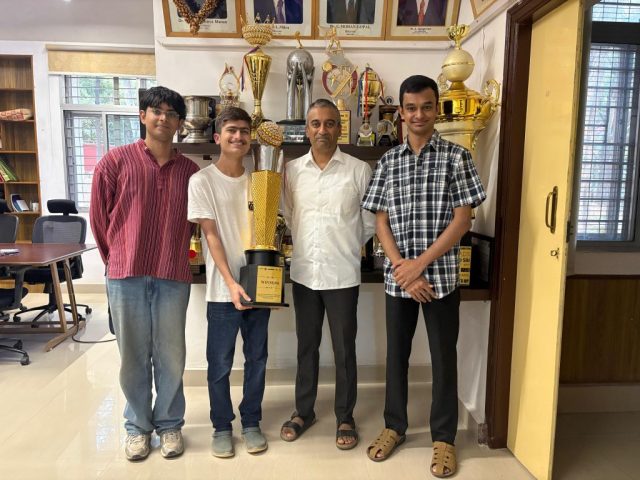
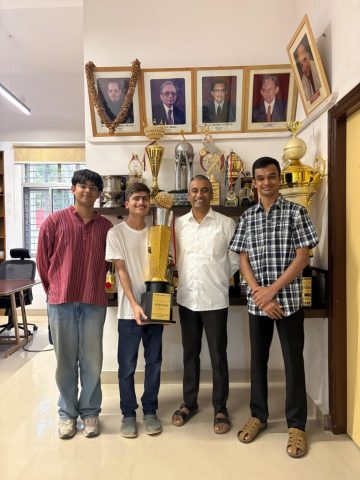
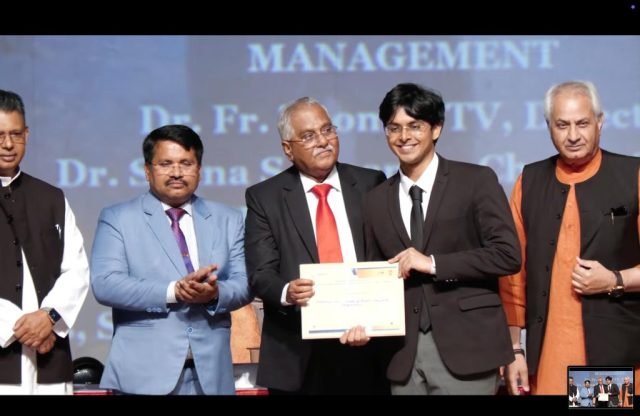
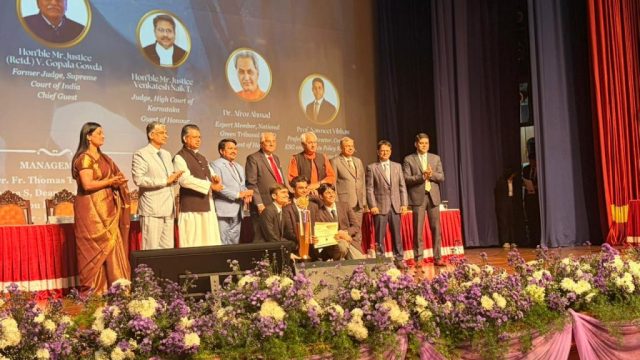
 The
The 


